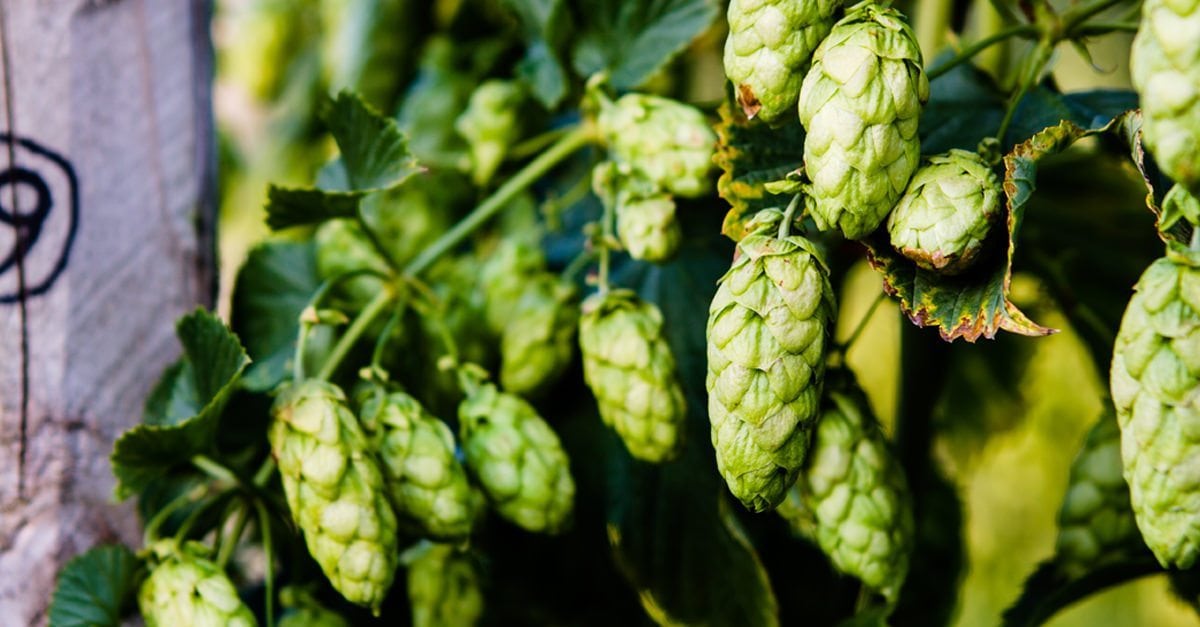Isodiol International Inc., is currently selling a product called ImmunAG, marketed as a dietary supplement containing “bioactive CBD derived from humulus,” the scientific name for the hop plant.
Cannabinoids — the class of chemical compounds that act on the body’s cannabinoid receptors — have long existed in other plants like liverwort, echinacea, the hop plant, and even black pepper. The most famous of cannabinoids are of course CBD and THC, the two main chemical components in the cannabis plant.
Isodiol is specifically claiming to have discovered a method of isolating CBD from a non-cannabis plant. To date, CBD has only been known to be derived from industrial hemp and the cannabis plant.
Jonathan Page, an adjunct professor at University of British Columbia’s Botany Department is skeptical about Isodiol’s professed discovery. In fact, Page adds, the hop plant itself doesn’t even contain CBD. “To Isodiol, I say show us the evidence. A corporate press release is not scientific evidence.”
Page is no stranger to the cannabis business. He runs Anandia Labs, a research center licensed by Health Canada that focuses exclusively on the biochemistry and genomics of cannabis and acts as a testing hub of sorts for licensed weed producers across the country.
Page’s doubts are echoed by Kevin Chen, founder of Hyasynth Bio, a Montreal-based startup that genetically engineers yeast to mimic the effects of cannabis. “The short answer is no, aside from our strains of yeast and chemical synthesis, I have never heard of any plants that make cannabidiol naturally. The consensus in the community is similar, people are skeptical of it.”
Isodiol, for its part, argues that the only reason so few people have heard of non-cannabis derived CBD is because the company is the first-ever to have discovered a method of extracting it. In fact, Isodiol’s CEO Marcus Agramont is confident that the company’s new product line has in some cases, “demonstrated greater effectiveness than many cannabis-derived CBD products.”
Read more here.







